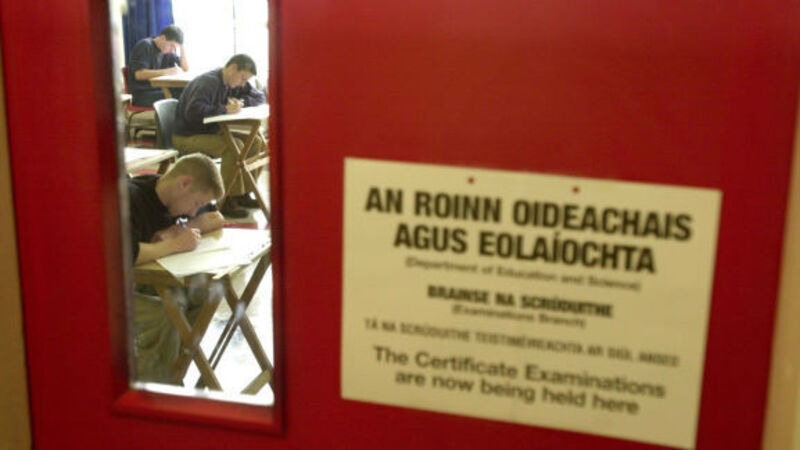Talks on junior cycle reform to resume on Monday

But neither side had any official comment on the nature of yesterday’s talks or what progress was made.
While details were slim, however, the fact that union and department officials were in the same building for more than seven hours has suggested some ground may have been made.













